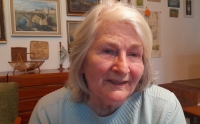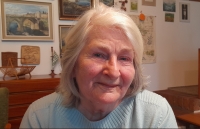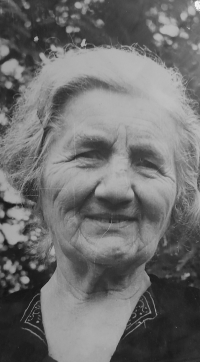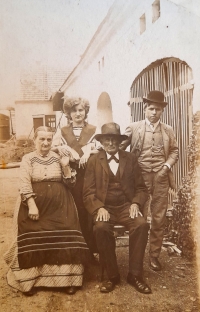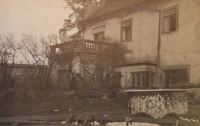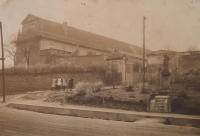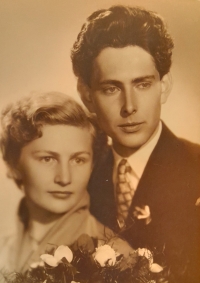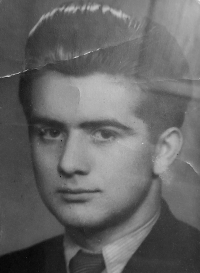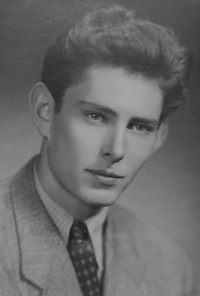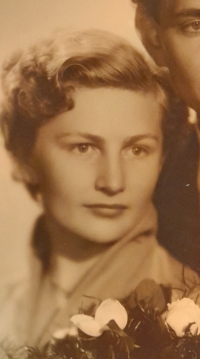In 1955, he left a letter saying he was emigrating and has been missing ever since

Download image
Olga Vitvarová, née Šafránková, was born on 26 September 1936 into the family of architect Jaroslav Šafránek. She spent her childhood and youth in Zvole near Prague, where her parents settled after marriage, and her father built a house there. Olga’s mother came from Černuc u Velvar, where dramatic events took place in the 1950s that tragically affected the whole family. Uncle Zdeněk Hudeček refused to join the unified agricultural cooperative (JZD). He was arrested and imprisoned, and the rest of the family was moved by the communists to a dilapidated house in Výčap u Čáslavi where they could take only the bare necessities with them. In 1955, Olga’s nineteen-year-old cousin Zdeněk Hudeček secretly decided to emigrate, but he remained missing forever. It was not until after the 1989 revolution that the family was able to search for him and discovered that he had probably not crossed the border. Olga Vitvarová was not admitted to the UMPRUM (Academy of Arts, Architecture and Design in Prague). She graduated from medical school and, after completing the pedagogical minimum, began teaching at an elementary school. Later, she completed her education for a degree in Czech language and art education and also taught in middle school. Her husband was also a teacher, and together they raised two daughters, Iva and Lenka. The older one was affected by Down’s syndrome. The Vitvars lived in Týnec nad Sázavou for 20 years and in Zvole since the 1980s. In her narrative, Olga recounts her experiences during the war in Zvole and describes the conditions in the education system at that time and her resistance to pressure to join the Communist Party. In 2023 she lived in Zvole.
